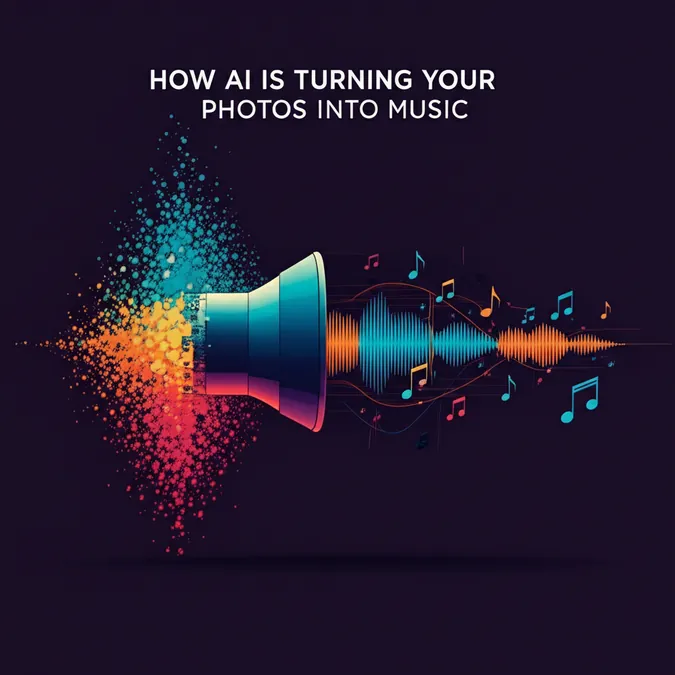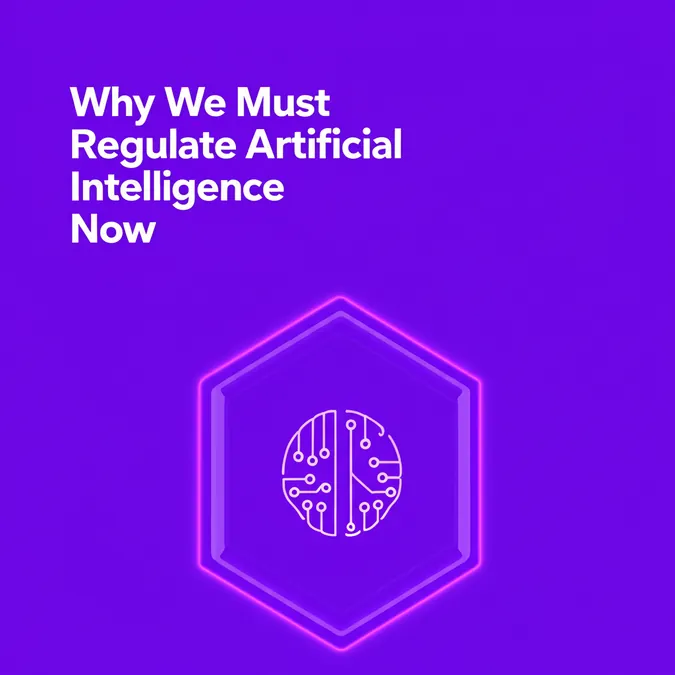Developer Offer
Try ImaginePro API with 50 Free Credits
Build and ship AI-powered visuals with Midjourney, Flux, and more — free credits refresh every month.
Why ChatGPT Shoppers Arent Buying Yet
While ChatGPT is successfully directing more shoppers to e-commerce websites, a significant portion of this traffic isn't converting into sales. A new study reveals that visitors arriving from the popular AI chatbot are far less likely to make a purchase compared to those coming from traditional marketing channels like Google Search, email, or affiliate links.
The Current State of ChatGPT E-commerce Performance
A new working paper from researchers at the University of Hamburg and the Frankfurt School of Finance & Management delved into this trend. The study, authored by Maximilian Kaiser and Christian Schulze, analyzed a year's worth of first-party data from 973 e-commerce sites, which collectively generate $20 billion in annual revenue. The researchers compared over 50,000 transactions from ChatGPT referrals against 164 million transactions from conventional channels.
The findings showed that while organic LLM traffic had a better performance than paid social media, its conversion rate and revenue per session were consistently improving throughout the study period. Still, the results challenge the idea that AI is an immediate replacement for established search engines. The authors noted, “Results contradict widespread expectations of LLM superiority… These findings challenge narratives of LLMs as immediate ‘Google killers,’ while suggesting potential for long-term channel evolution.”
Interestingly, a separate September report from Similarweb estimated a much higher conversion rate for ChatGPT referrals at 11.4%, compared to 5.3% for organic search, highlighting the varying data in this emerging field.
Independent e-commerce analyst Juozas Kaziukėnas commented on the paper, stating, “There’s so much noise about AI agents impacting commerce and so little data. This study is one of the first to quantify how much traffic you could potentially get from ChatGPT and how much of that actually converts.”
Understanding the Conversion Gap
Although ChatGPT dominates e-commerce traffic from large language models—accounting for over 90% compared to rivals like Gemini and Perplexity—the total volume is still a drop in the bucket. It is about 200 times smaller than Google's organic search traffic, making up less than 0.2% of the total traffic in the study's dataset.
The data clearly shows ChatGPT lagging behind. Affiliate links were 86% more likely to convert, and organic search was about 13% more effective. Despite this, engagement from ChatGPT visitors was relatively high, with lower bounce rates and deeper sessions, indicating that users are interested but hesitant to purchase immediately.
Researchers suggest a lack of consumer trust is a primary reason for the low conversion rates. “This lack of consumer trust is a potential explanation for our findings [which show] people don’t use ChatGPT as the last thing before purchase, but instead, check out other sources and then buy,” Schulze explained.
However, the trend is positive. Over the 12-month study, conversion rates from ChatGPT referrals grew steadily, and revenue per session increased, suggesting users are slowly becoming more comfortable acting on the AI's recommendations.
The Promise of In-Chat Purchasing
This conversion issue might see a significant shift with OpenAI's new Instant Checkout feature. This tool allows users to buy products directly within the ChatGPT interface, a feature already active for Etsy and soon expanding to Shopify and Walmart.
The success of this feature is not guaranteed. Other platforms, such as Instagram, have experimented with in-app checkout features before, only to pull back on them later. The main obstacle for OpenAI will be building enough user trust to handle transactions directly.
“If people don’t really trust ChatGPT yet, then having Instant Checkout is not a meaningful feature, because they will leave the platform anyway,” Schulze noted. For OpenAI, this feature is a crucial step toward monetization, allowing it to take a small fee from each transaction to justify its massive operational costs.
How Retailers Are Approaching AI Shopping
Despite the current performance, retailers are eager to get involved. Princess Polly, a fashion brand focused on Gen-Z, plans to integrate with ChatGPT as soon as it's available for Shopify merchants.
“We always want to be early adopters of anything that streamlines the [shopping] process for our customers,” said Stephanie Moore, the brand's head of brand marketing. “We know our customers are already using ChatGPT, so we want to meet them where they are.”
Beyond direct sales, Moore highlights the value of the data insights from ChatGPT. The conversational queries—like “What should I wear on a summer night date?” instead of just “black dress”—provide deeper insight into customer intent. “That kind of data will help us understand what customers are really looking for,” she said.
Compare Plans & Pricing
Find the plan that matches your workload and unlock full access to ImaginePro.
| Plan | Price | Highlights |
|---|---|---|
| Standard | $8 / month |
|
| Premium | $20 / month |
|
Need custom terms? Talk to us to tailor credits, rate limits, or deployment options.
View All Pricing Details

